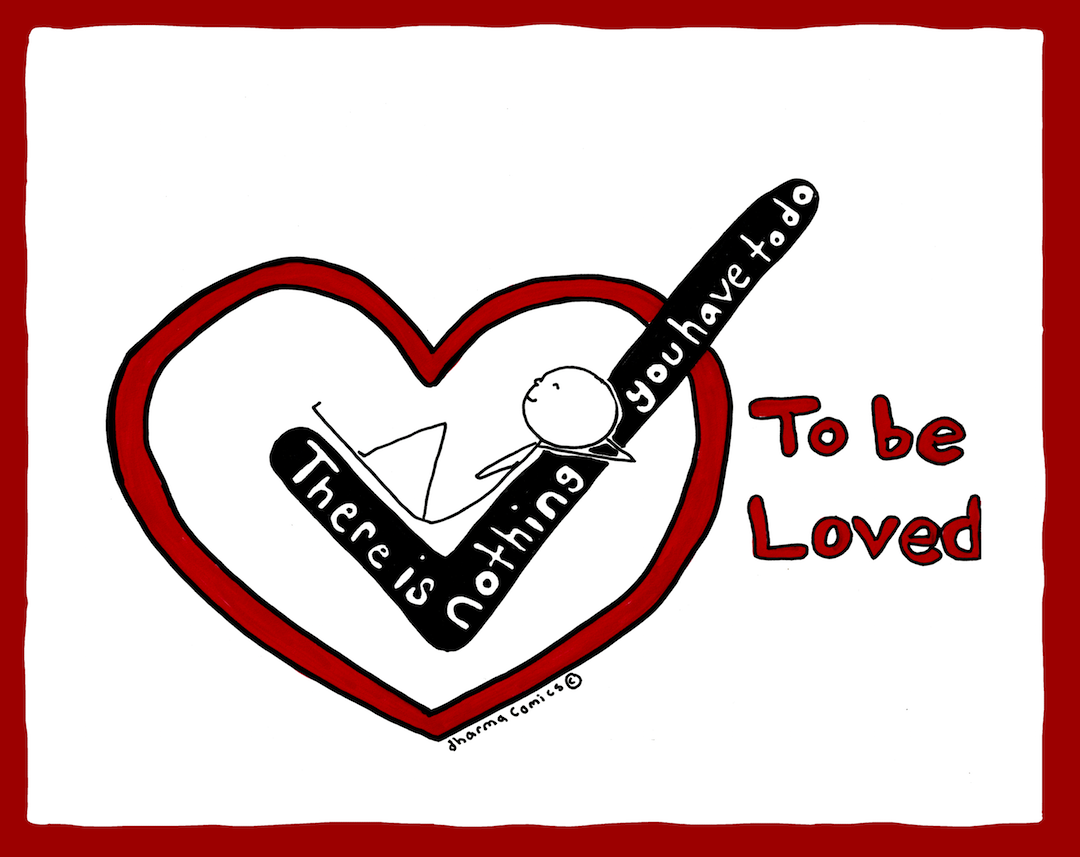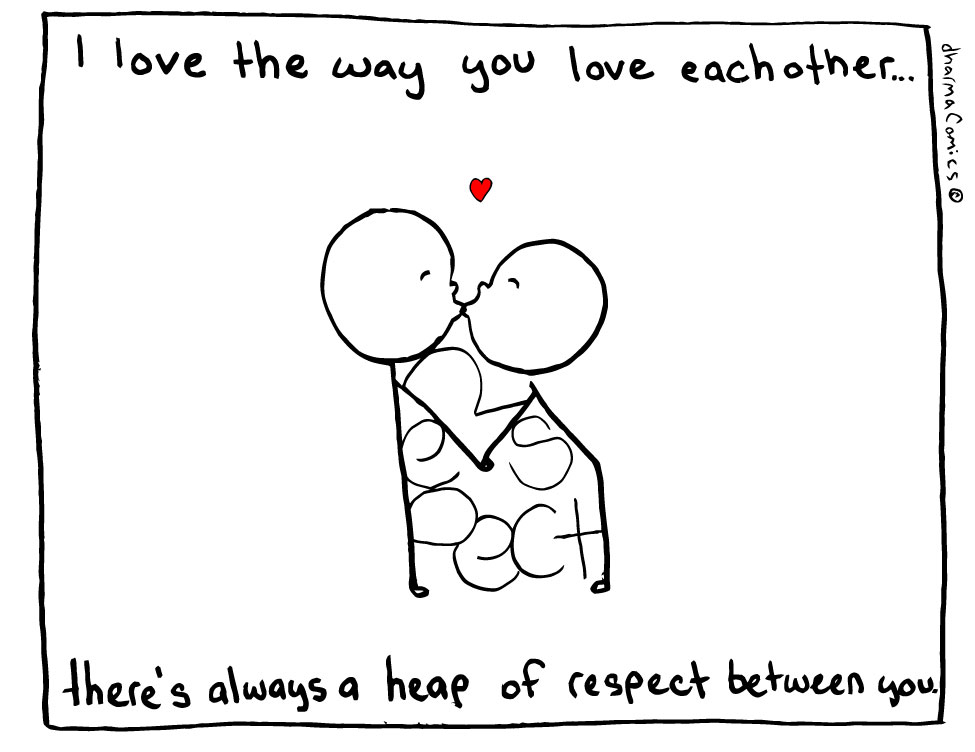“When it comes to love, it can be hard to be objective, but it’s important to acknowledge the red flags that indicate you’re in a dysfunctional relationship.”
-Rose Caiola
How to identify abuse and stop blaming yourself
Is it hard even to consider if you are being abused in your relationship? If it is a struggle even to ask the question, you are not alone. Many women find it hard to imagine that they are being abused by their partners. In this article, we’ll examine some of the reasons women frequently struggle to identify abuse in their own relationships, turn blame on themselves and ideas about where to look for solutions.
Let go of the stereotypes of abusive relationships

Part of the struggle has to do with the negative stereotype our culture has of battered women and abusive men. For many people, their description of an abused woman may include: weak, poor, uneducated, insecure, lacking boundaries or making bad choices. The truth is, women who are abused by their partners are like any other women. Women who experience abuse come from all economic, racial, religious and ethnic backgrounds.
Similarly, abusive men don’t fit neatly into a type either. We think of abusive men as monstrous and out of control. But in reality, abusive men may be successful in their jobs, active in their communities and viewed as upstanding citizens. They can appear to be quite charming and sociable. Friends, family and neighbors may think abusive men are good people because they are good at hiding the abuse. They may seem to be good fathers. Some abusive men even appear to be progressive in their attitudes about women.
You may have struggled to reconcile your experience of abuse with all these negative stereotypes. If neither you nor your partner fit the stereotype, it may be hard to imagine that you’re actually being abused. However, we encourage you to pay attention to your experience rather than to the stereotypes. You will notice hereafter, as you read this article that we always refer to “women who experience abuse,” and not “abused” or “battered women.” That is because women are much more than the abuse they experience. You are a person with many qualities and gifts. There is nothing typical about a woman experiencing abuse, except for the abuse itself. Remember: What you are experiencing has nothing to do with who you are.
Abuse does require physical violence
Another misconception is that abuse means physical violence. Many women feel that because their partner doesn’t hit, push or in any way physically hurt them, they are not being abused. Abuse takes many forms. You may well be experiencing emotional, physical, financial or sexual abuse from your partner. This article will help you to know if you are being abused.
If you are not comfortable with the dynamics in your relationship or with your partner’s behavior, we hope you will find the tools here to help bring clarity to your situation and support your decisions as you move forward.
Aren’t I equally responsible for my relationship’s problems?

Most ideas about relationship problems suggest that both partners are equally responsible. Sayings such as “It takes two to tango” reflect this cultural belief. In relationships that are respectful, and when women are not worried about how their partners will respond or behave, we agree that men and women share responsibility for problems in the relationship.
There is a problem with the idea of shared responsibility, however, when a partner is controlling or abusive. In such cases it is often assumed that the woman has done something to cause the abuse – she has provoked him. In one way or another, women are often held partially responsible for the abuse in their relationship. In no way are you responsible for the abuse your partner inflicts! How your partner acts and the choices they make are their responsibility alone. Nothing that you say or do can justify your partner’s abuse.
In our experience, women who are being abused seek many solutions and explanations in order to improve their relationship. You may have gone to counseling by yourself or with your partner, or you may have asked your partner to attend an anger management program, or attended one yourself. Perhaps you have read other self-help books that have suggested that the problem has to do with the natural differences between men and women and that you simply need to accept your partner the way he is. Other books may have implied that you are codependent, love too much, or have problems asserting yourself. Based on suggestions from counselors or self-help books, you have probably tried to change your behavior in order to get your partner to treat you with respect.
If you are experiencing abuse, the problem will persist no matter what you try to change about yourself, your partner, or your relationship. This is because the problem is your partner’s abuse – their need to have control in your relationship. The sad truth is that you can’t change the one thing that really matters – stopping your partner’s abuse. Only they can choose to stop being abusive. Until then, everything that takes place in the relationship is related to the abuse. When a person is abusive in his relationship, they alone are responsible for the abuse.
There is nothing you can do to change your partner, but there are things you can do for yourself. These tips and others in our book, When Love Hurts: A Woman’s Guide to Understanding Abusive Relationships, will help you to understand your situation and suggest ways to care for yourself and your children. Once you identify abuse in your relationship, never hesitate to seek professional help from a crisis counselor who specializes in supporting women suffering from abuse—either in a private or group setting.
Comic courtesy of Dharma Comics.

